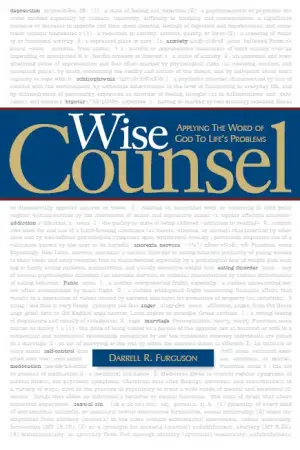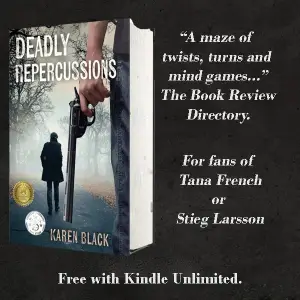I recently dove into Healing Through Words by Rupi Kaur, and this intriguing guided poetry writing exercise book struck a chord with me during a time of self-reflection and growth. As an avid reader of poetry and someone fascinated by the power of words, I was eager to explore how this book could guide my personal journey through themes like trauma, love, and healing. Kaur’s reputation as a #1 New York Times bestselling author only heightened my expectations for this experience.
From the moment I opened the book, I was captivated by the inviting structure. Kaur crafts a safe space for vulnerability, encouraging readers to be honest not just on the page, but with themselves. Throughout the 320 pages, the collection of exercises feels thoughtfully designed to help you peel back layers and confront emotions that many of us often shy away from. One of the standout features for me was the variety of prompts that guided me through reflections on childhood memories, relationships, and introspection about love and loss.
Many readers, including Amanda Fitzroy, commented on the book’s effectiveness in promoting deep reflection. She shared her joy in gifting multiple copies to friends, which speaks to the book’s ability to resonate with a broad audience. This sentiment was echoed by other reviewers who felt that the prompts and Kaur’s captivating writing style made for a powerful reading and writing experience.
However, despite its many strengths, Healing Through Words isn’t without drawbacks. Some readers reported physical issues with their copies, such as damages upon arrival, which can be disappointing when gifting or investing in a new book. I was fortunate that my copy arrived in pristine condition, but others have noted mixed experiences. Additionally, while Kaur’s writing resonates deeply with many, a few felt overwhelmed by the openness required for the exercises, especially if they do not identify as “creative” or “writers.” Erica Dehart mentioned that those with less creative confidence might find some aspects of the book challenging, a sentiment I can appreciate.
Kaur’s writing itself is a blend of poetic clarity and raw emotion, making difficult themes approachable. As I engaged with the book’s exercises, I found myself exploring parts of my past I hadn’t adequately addressed. Reflecting on trauma, love, and healing not only fostered catharsis but also illuminated pathways toward understanding myself better. The prompts invited me to explore my feelings honestly, echoing the book’s core mission of connecting with oneself through the written word.
That said, the depth of the exercises can necessitate breaks; the emotional weight of revisiting past experiences is not something to rush through. As reader Barnaby Jones noted, the book opened him up to emotions he hadn’t anticipated. This is a testament to Kaur’s thoughtful design, as her exercises encourage taking the time needed to heal—a foundation I found particularly beneficial.
In conclusion, Healing Through Words is a beautifully curated collection that resonates deeply with anyone on a journey of self-exploration. While there are physical quality concerns and it may challenge those less accustomed to writing, the emotional insights yielded from engaging with Kaur’s prompts are truly invaluable. This book isn’t just for writers; it’s for anyone willing to embark on a journey through their own words. If you’re interested in exploring your inner self, I wholeheartedly recommend giving this book a try. The experience can be as liberating as it is enlightening.
Discover the transformative power of expression in Healing Through Words. >>








